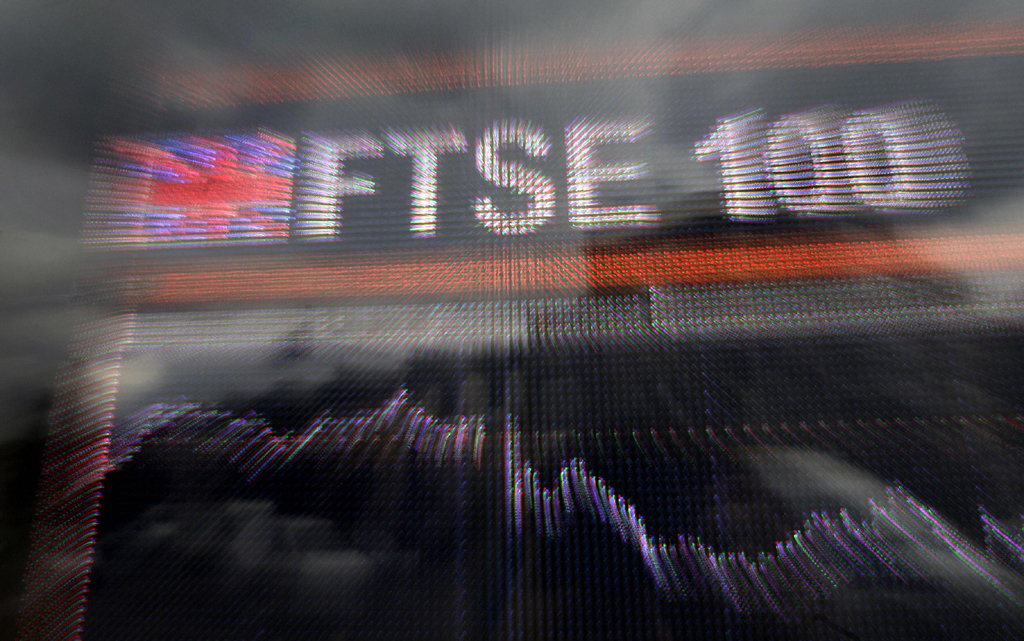 LONDON: Royal Bank of Scotland weighed on Britain's FTSE 100 on Tuesday after the government sold a stake in the bank, while a rising pound after strong services data piled extra pressure on the internationally-exposed index.
LONDON: Royal Bank of Scotland weighed on Britain's FTSE 100 on Tuesday after the government sold a stake in the bank, while a rising pound after strong services data piled extra pressure on the internationally-exposed index.
The top share index fell 0.5 percent, while mid-caps - which are less sensitive to the pound's strengthening - held flat.
Shares in RBS fell 3.5 percent after the government sold a 7.7 percent stake for 2.5 billion pounds ($3.33 billion), realising a loss of $2.66 billion.
Brokers, however, said the stake sale would be good for liquidity in the stock.
"We view HMT's 7.7 percent stake sale as a positive liquidity event for RBS shares and marking one step on the path to value creation in the name," said Jefferies banking analysts.
The drop in RBS shares dragged on the financials sector, the biggest weight on the FTSE. Lloyds, Barclays and HSBC fell up to 1.4 percent.
Companies in the services sector grew more quickly than expected in May after a winter slump in early 2018, the services purchasing managers' index (PMI) survey showed.
"There are signs that the consumer is through the worst. The outlook is tentatively getting better but it's going to take a bit longer than I originally thought," said Ian Williams, strategist at Peel Hunt.
The strong services data, however, helped boost sterling sharply higher, in turn driving the internationally-exposed FTSE 100 down to a day's low. Big dollar earners Diageo, Imperial Brands and Unilever were among the biggest drags.
British airways owner IAG fell 3.1 percent after the airling company's CEO said air traffic control strikes were more of a threat to European airlines in 2018 than a rise in fuel prices.
Cruise and travel company Carnival fell 5.2 percent, bottom of the FTSE 100. Morgan Stanley travel and leisure analysts cut their EPS forecasts for the stock by 11 percent, saying higher oil prices would cause fuel costs to ratchet up for the firm.
"We remain relatively cautious on the cruise lines given the high and increasing level of industry supply growth, slowing yield momentum and weakness in the Caribbean and China (both critical markets for supply absorption)," they wrote in a note.
WPP shares were also hit by a broker note, with Berenberg cutting it to "sell".
Johnston Press shares sank 17.6 percent to a record low after the publishing firm said European changes to data privacy rules were hitting its online advertising revenue, describing the trading environment as "extremely challenging".
The FTSE 100 outperformed European indices in May, helped by strong commodities stocks, but the oil and mining engines of the FTSE were fading slightly.
"The reflation trade seems to have been put back on the back burner; you've not seen that binary sector call being the driver of performance. It puts the emphasis back on stock picking," said Peel Hunt's Williams.


























Comments
Comments are closed.